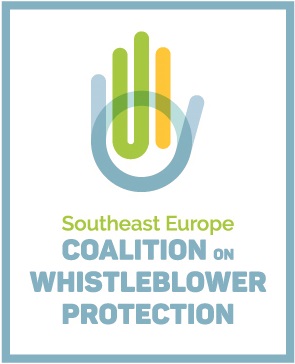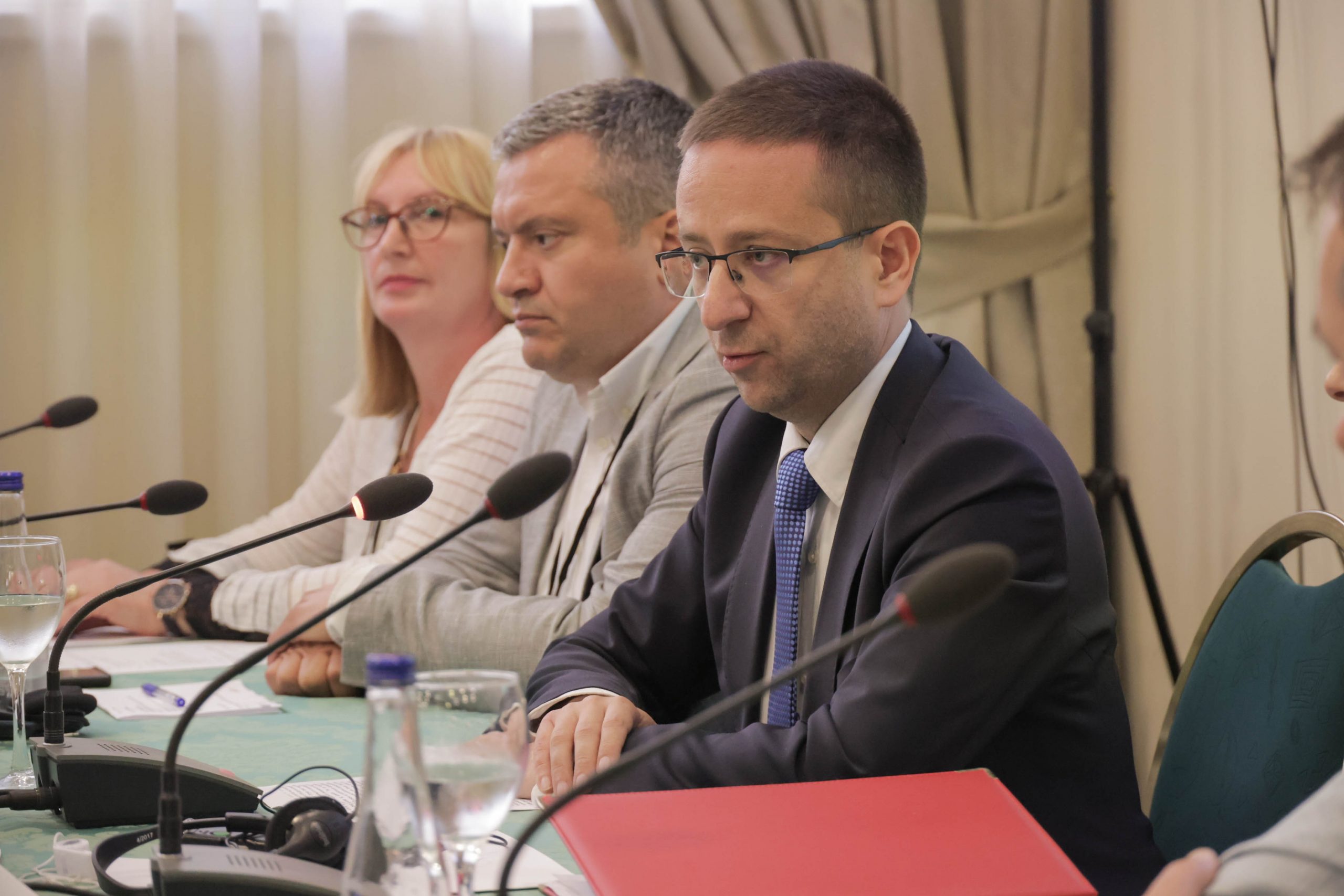Goran Lefkov
Former and current whistleblowers were present at the panel on the problems and challenges of whistleblowers in Macedonia. Aleksandar Bozhinovski, founder and one of the pioneers of whistleblowing in the non-governmental sector, opened the debate by describing the closeness between whistleblowers and journalists, especially investigative journalists. As a long-time investigative journalist, he emphasized that his experience had shown that without whistleblowers almost no major journalistic research would be realized. The connection between journalists and whistleblowers is natural and very strong. He mentioned that there were two ways to achieve change in society from a journalistic point of view, through the opposition and through foreign experts and diplomats in the country.
For Biljana Ivanovska, chairwoman of the State Commission for Prevention of Corruption, it is necessary for the provisions of the Law on Whistleblower Protection to be closer to the citizens, so that they know what kind of protection awaits them when they “put on the whistleblower’s shoes”. She presented several specific cases of whistleblowers in North Macedonia, to show some of the absurdities of the Whistleblower Law. Whistleblowers must be given a quick procedure in the institutions, when deciding on their status in any institution.
Jovan Andonovski, Deputy Ombudsman, pointed out that his institution was one of the 6 institutions that could receive complaints about external reporting in the country. He said that there were many citizens who had come to report irregularities, but when they saw the protection procedures and what they had to go through, they gave up. He stressed that much greater whistleblowers’ protection in institutions is needed.
Lawyers who work with whistleblowers emphasize that they also need training to recognize acts where whistleblowers appear. Aleksandar Tumanovski, defence lawyer for whistleblowers, emphasized that it was very difficult to defend a whistleblower in court. He stressed that there were many cases where institutions, instead of protecting whistleblowers, persecuted them.
Tinka Kiteska is the founder of a non-governmental organization for protection of whistleblowers and for the first time at the conference she announced that she also had a whistleblower certificate. She mentioned that there were more reports by whistleblowers in her NGO than in the State Commission for Prevention of Corruption and the Ombudsman combined. But when they find out that they have no protection from the institutions, they give up. She emphasized that she was a constant target of the director of the institution and he used perfidious ways to play the law and degrade her. Kiteska is in a lawsuit that has been lasting for 3 years, although the court should react much faster.
According to our current law, internal reporting is especially problematic. According to it, practically, the crime should be reported to the person who committed the crime or to a person appointed by him.





